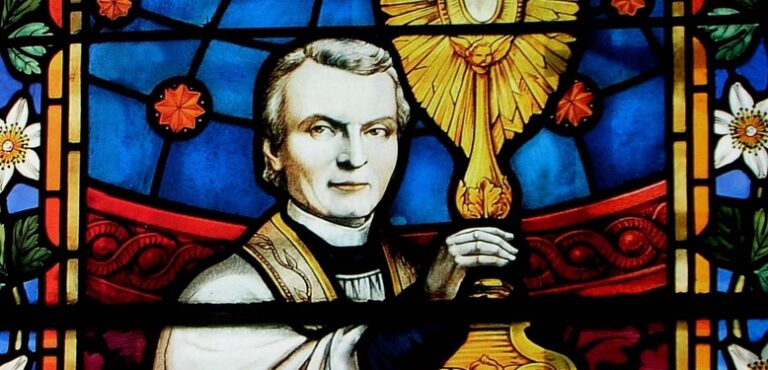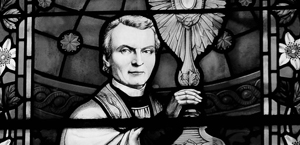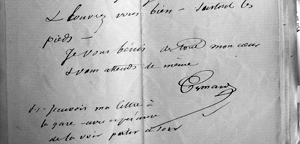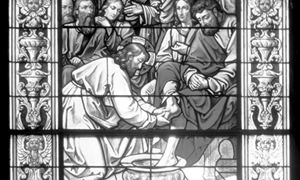28th Sunday in Ordinary Time
Today, we have two linked parables. The first is very well known: the story of a king who prepared a wedding banquet for his son. (This is a big-time celebration—no sane person would skip this bash.) But… in the story, people found excuses not to come! They were too preoccupied with the day-to-day—a farm, a business, etc. The interpretation may seem obvious. The guests were the Jewish people. Many rejected the invitation and even killed the messengers God sent them. So, the king sent messengers out to invite everyone, good and bad alike, and the banquet was full. As a result of Jewish refusal, now everyone is invited.
Remember that this gospel was written shortly after the Jewish revolt and the subsequent destruction of the temple in 70 CE. Hence, the insertion: “The king was enraged and sent his troops, destroyed those murderers, and burned their city.” The destruction of the temple and the permanent transformation of Judaism that followed were interpreted as God’s punishment of the Jewish nation for their lack of faith. (A dangerous interpretation that has fed antisemitism through many generations of Christians.)
Now, the second parable: a man not wearing a wedding garment came to a wedding. “Seeing him, the king commanded that he be cast into the darkness outside, there to wail and gnash his teeth.” He missed the opportunity to enter the kingdom because he wasn’t appropriately dressed.
Every time we gather for the Eucharist, we pray, “Your kingdom come.” These words are a reminder that everyone is invited to the kingdom—there are no exclusions. But the invitation to eat at the table in the kingdom isn’t without stipulations. It calls for a change of heart, a separation from worldly distractions, and an uncompromising focus on the kingdom.
Let Us Pray:
Thank you, heavenly Father, for inviting me to the banquet table of your kingdom. May your Spirit assist me as I discern my way to you. Give me the strength I need to keep my focus on you and the kingdom you offer me. Amen.













